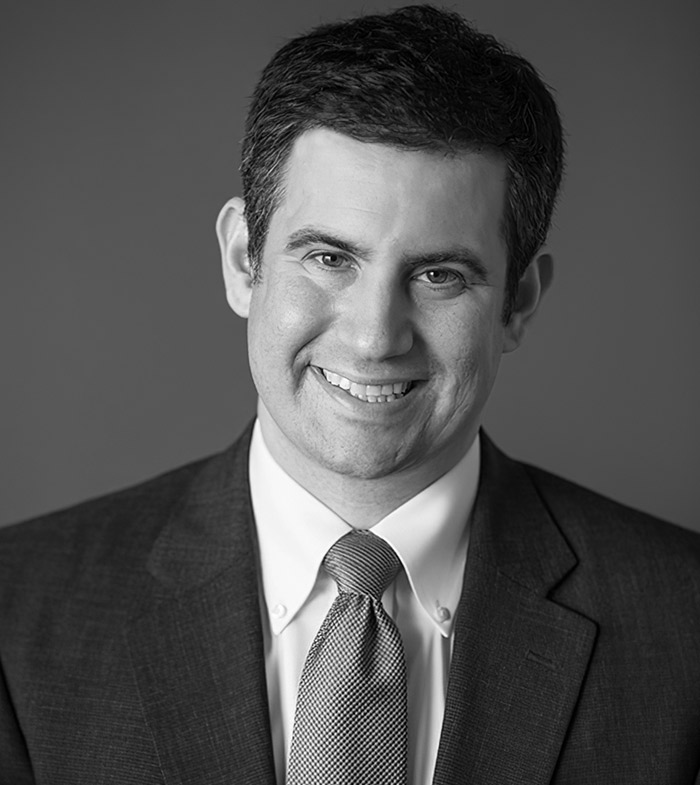Physician non-compete agreements implicate two conflicting public policy considerations: the legitimate business interests of medical practices in protecting against unfair competition and doctors’ ethical obligations with respect to patient care.
With respect to this second consideration, long term stability in a patient’s relationship with his or her doctor can have an impact on the quality of the patient’s medical care. An argument can be made that non-compete agreements in physician employment contracts run the risk of affecting that doctor-patient relationship.
The American Medical Association (AMA) takes issue with physician non-competes if “they are excessive in geographic scope or duration in the circumstances presented, or if they fail to make reasonable accommodation of a patient’s choice of physician” because they “restrict competition, disrupt continuity of care, and deprive the public of medical services.” The AMA thus does not entirely reject physician non-competes, but instead identifies potential concerns. These AMA guidelines are merely “guidelines” and are not binding on physicians or medical practices.
Competing with this concern for patient care is the economic interests of medical practices. Medical practices are businesses that wish to be profitable. Such businesses have legitimate interests in ensuring that their employees (including physicians) do not compete unfairly.
States have taken differing views in balancing these interests. Massachusetts, Colorado, and Delaware have enacted statutes which strongly support patient preference and which void non-competes for doctors. Alabama prohibits non-competes for “professionals” and has interpreted this term to encompass physicians. However, under many states’ laws, physician restrictive covenants are scrutinized under the same analysis as restrictive covenants for employees in other industries.
Georgia’s new restrictive covenant law, O.C.G.A. section 13-8-50 et seq., does not treat physician non-competes any differently than other non-competes. However, in the 2013-2014 legislative session, House Bill 322 was introduced in the Georgia General Assembly. This proposed legislation appears to be an attempt to address the competing interests involved in physician non-competes.
The proposed bill declared it against public policy to “impose unreasonable barriers to patients continuing to use a physician.” Further, it prohibited courts from enjoining a physician from treating a patient who wants to continue using that physician after he leaves his former employment. This bill does not prohibit covered entities from including non-competes in their employment contracts with medical professionals, but it prohibits courts from enforcing those non-competes in a way that prohibits patients from keeping their doctor if the doctor leaves a practice covered by the statute. Similarly, the bill prohibits a court that is adjudicating an action involving alleged theft of confidential information or trade secrets from entering an order restricting a physician from treating a patient who chooses to remain in his or her care after the doctor leaves a practice covered by the statute.
The bill was limited to hospital authorities or hospitals owned by hospital authorities, but it does not define the terms. It thus appears that the bill was not directed at the entire medical community. (HB 322 LC 33 5009).
Some may view HB 322 as an admirable attempt to improve patient care in Georgia. Others may view HB 322 as potentially limiting a business’s ability to prevent unfair competition in a highly competitive market. Although HB 322 did not make it into committee or onto the floor of the General Assembly, the bill could be reintroduced in a future legislative session. Regardless of whether the bill is reintroduced, the propriety of physician non-competes is an issue that is likely to remain at the forefront of non-compete law for the foreseeable future.
*Joshua Joel is a law clerk at Berman Fink Van Horn P.C. and a third-year law student at Georgia State University College of Law.
Neal Weinrich is a Principal at Berman Fink Van Horn P.C.
Neal Weinrich knows noncompetes and trade secrets inside and out. A shareholder at Berman Fink Van Horn, Neal counsels clients in all industries on matters involving restrictive covenants, trade secrets and other competition-related issues.

